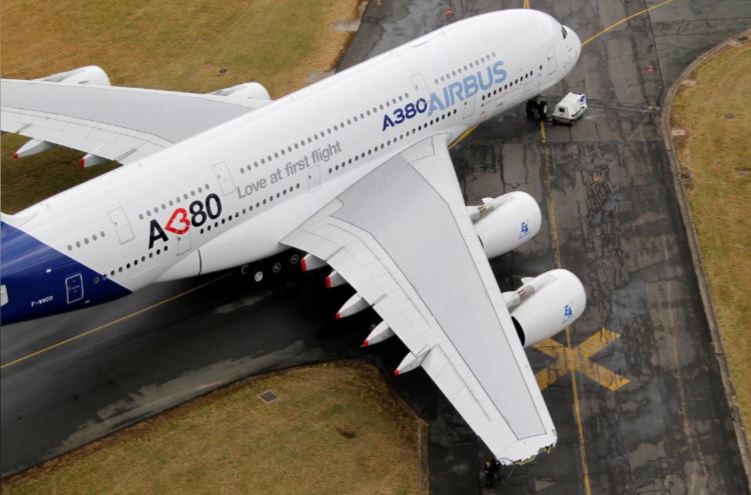×
The Standard e-Paper
Fearless, Trusted News

Europe’s Airbus is scrapping production of the A380 superjumbo, with lackluster sales forcing it to abandon a dream of dominating the skies with a 21st century cruiseliner.
The world’s largest airliner, with two decks of spacious cabins and room for 544 people in standard layout, was designed to challenge Boeing’s legendary 747 but failed to take hold as airlines backed a new generation of smaller, nimbler jets.